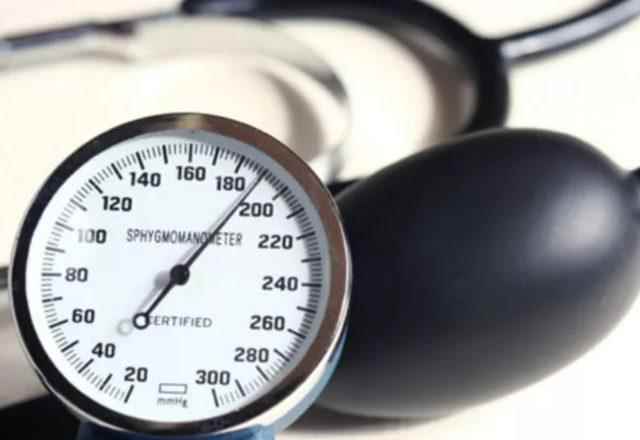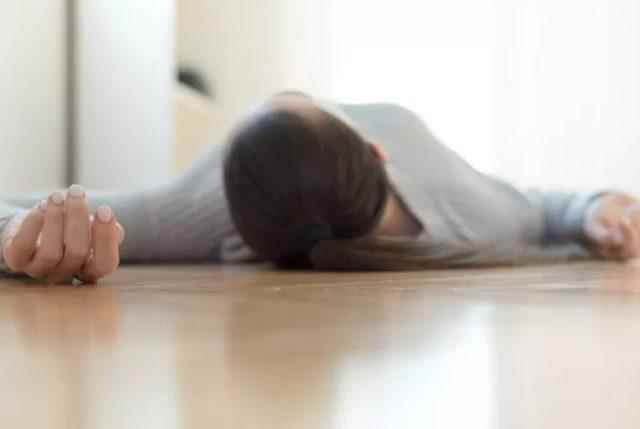Low blood pressure is a drop in blood values. Although high blood pressure is often feared, low blood pressure can also have serious consequences. Blood pressure changes throughout the day depending on body position, respiratory rhythm, stress level, physical condition, drugs used, what is eaten, drunk and time of day. In order to treat low blood pressure, the cause must be learned. According to the news in The Sun newspaper, experts say that if you start to experience the following problems, you should have your blood pressure checked.
SYMPTOMS OF LOW BLOOD PRESSURE
dizziness
- feeling sick
- blurred vision
- feeling weak in general
- Confusion, confusion
- Fainting
THINGS TO DO AT HOME TO REDUCE SYMPTOMS OF LOW BLOOD PRESSURE

- Get up slowly when standing up
- Be careful when getting out of bed – slowly switch from lying to sitting and standing
- Raise the head of your bed about 15 cm with bricks or heavy books
- Eat small, frequent meals – lying down or sitting still for a while after a meal can also help
- Increase the amount of water you drink
REASONS FOR LOW BLOOD PRESSURE

- The cause of low blood pressure can range from dehydration to serious medical or surgical disorders. It is important to find out what is causing the low blood pressure so that it can be treated.
- Blood pressure changes throughout the day depending on body position, respiratory rhythm, stress level, physical condition, drugs used, what is eaten, drunk and time of day. Blood pressure is usually lowest at night and rises sharply on waking.
- It is normal to have low blood pressure during pregnancy. Because the circulatory system expands rapidly during pregnancy, blood pressure is likely to drop. Temporarily low blood pressure usually returns to pre-pregnancy levels after giving birth.
- Some heart conditions that can cause low blood pressure include extremely low heart rate (bradycardia), heart valve problems, heart attack, and heart failure.
- Endocrine problems can also cause low blood pressure. Thyroid problems, parathyroid disease, adrenal gland failure called Addison’s disease, low blood sugar (hypoglycemia) and in some cases diabetes can cause low blood pressure.
- When your body loses more water than it takes in, thirst-related weakness, dizziness and fatigue can occur. Fever, vomiting, severe diarrhea, overuse of diuretics and strenuous exercise can cause dehydration.
- Losing too much blood, such as from a major injury or internal bleeding, reduces the amount of blood in our body and therefore causes a drastic drop in blood pressure. In addition, if any infection in the body enters the bloodstream, it can lead to a life-threatening drop in blood pressure from a severe infection called septic shock or septicemia.
- A severe allergic reaction, namely anaphylaxis, is a serious and potentially life-threatening response of the body. Common triggers of an allergic reaction include foods, certain medications, pesticides, and latex. Anaphylaxis can cause breathing problems, hives, itching, a swollen throat, and a dangerous drop in blood pressure.
- Deficiency of vitamins B-12 and folate, which should be taken in a normal diet, can cause low blood pressure by preventing the body from producing enough red blood cells (anemia).
- Some medications can also cause low blood pressure. These include diuretic pills, alpha-blockers, beta-blockers, drugs for Parkinson’s disease, tricyclic antidepressants, drugs for erectile dysfunction including sildenafil or tadalafil, especially when taken with the heart medication nitroglycerin.
